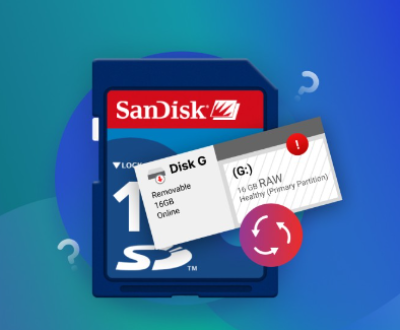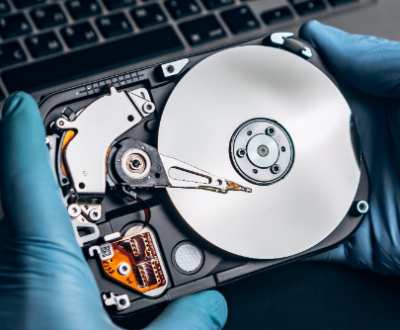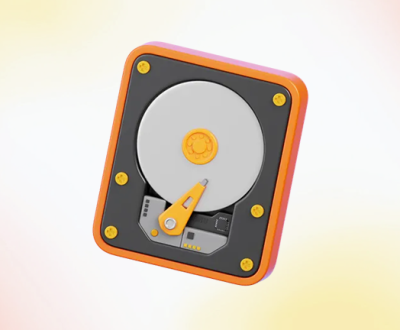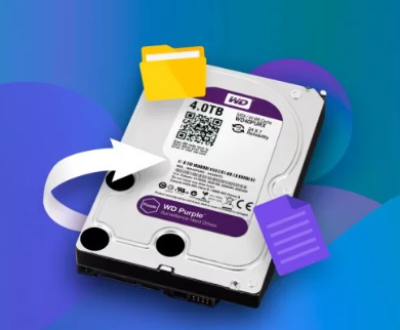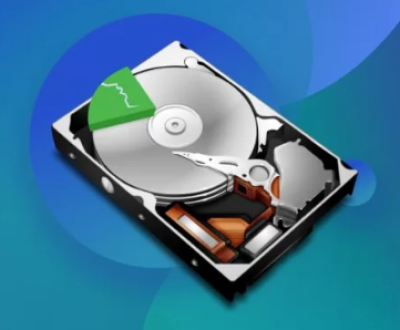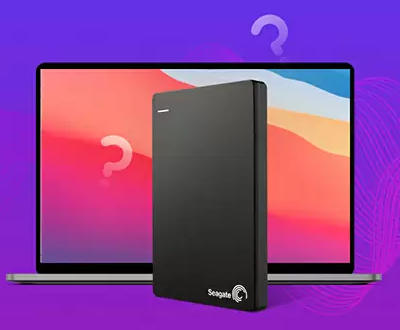3CX is a well – known software for unified communications, offering a wide range of features such as VoIP calling, video conferencing, and instant messaging. However, users may encounter Error 30006. which indicates that the hard disk is at or near capacity. This error can disrupt the normal operation of the 3CX system, leading to issues like dropped calls, poor call quality, and even system crashes.
Error 30006 in 3CX is a clear indication that the hard disk where the 3CX software is installed is running out of space. When the hard disk reaches its capacity limit, the operating system and the 3CX application may face difficulties in performing essential functions such as writing new data, updating files, and caching information. This can severely impact the performance of the 3CX system and may cause it to become unresponsive or unstable.

Causes of Hard Disk Near Capacity
1. Large Call Recordings
3CX allows users to record calls for various purposes, such as quality assurance, training, and legal compliance. These call recordings can take up a significant amount of disk space, especially if there are a large number of calls being recorded regularly. For example, in a busy call center environment, hundreds or even thousands of calls may be recorded every day, and over time, these recordings can accumulate and fill up the hard disk.
2. Log Files
The 3CX system generates log files to record important events, errors, and system activities. These log files are essential for troubleshooting and monitoring the system’s performance. However, if the log file retention settings are not configured properly, the log files can grow very large over time and consume a substantial amount of disk space.
3. Database Growth
3CX uses a database to store various types of information, including user accounts, call history, and system configurations. As the system is used over time, the database size can increase significantly. If the database is not optimized or if there are no proper archiving mechanisms in place, the database can grow to a point where it occupies a large portion of the hard disk space.
4. Unnecessary Files and Applications
Sometimes, users may install unnecessary applications or store large files on the same hard disk where 3CX is installed. These files and applications can take up valuable disk space and contribute to the hard disk reaching its capacity limit.
Consequences of the Error
1. System Instability
When the hard disk is at or near capacity, the 3CX system may become unstable. It may experience frequent freezes, crashes, or slowdowns. This can disrupt business operations, especially in organizations that rely heavily on 3CX for their communication needs.
2. Poor Call Quality
The lack of disk space can also affect call quality. The system may not be able to buffer audio and video data properly, leading to issues such as choppy audio, dropped calls, and video freezes.
3. Data Loss
In extreme cases, if the hard disk is completely full, the 3CX system may not be able to save important data, such as call recordings and system configurations. This can result in data loss, which can be a significant problem for businesses that need to maintain accurate records for legal and compliance purposes.
Solutions to Resolve Error 30006
1. Delete Unnecessary Call Recordings
One of the first steps to free up disk space is to delete old and unnecessary call recordings. 3CX provides a built – in feature to manage call recordings. You can set up retention policies to automatically delete recordings after a certain period. For example, you can configure the system to delete recordings that are older than 30 days.
2. Manage Log Files
Review and adjust the log file retention settings in the 3CX system. You can set a limit on the size of the log files or the number of days to keep them. Additionally, you can archive old log files to an external storage device to free up space on the hard disk.
3. Optimize the Database
Regularly optimize the 3CX database to reduce its size. You can use the built – in database optimization tools provided by 3CX to clean up unused data, compact tables, and rebuild indexes. This can significantly reduce the database size and free up disk space.
4. Uninstall Unnecessary Applications
Check the hard disk for any unnecessary applications that are installed and uninstall them. This can free up a significant amount of disk space, especially if these applications are large in size.
5. Add Additional Storage
If the above solutions do not provide enough disk space, you can consider adding additional storage to the system. This can be done by installing a larger hard disk or by using an external storage device such as a USB drive or a network – attached storage (NAS) device. You can then configure the 3CX system to store call recordings, log files, and other data on the new storage device.
Preventive Measures
1. Regular Monitoring
Regularly monitor the hard disk space usage of the 3CX system. You can use system monitoring tools to keep track of the disk space and receive alerts when the disk space is approaching its limit.
2. Proper Configuration
Ensure that the 3CX system is properly configured from the start. Set up appropriate retention policies for call recordings and log files, and optimize the database regularly.
3. Backup and Archiving
Implement a regular backup and archiving strategy for the 3CX system. This can help you manage data growth and ensure that important data is protected.
About us and this blog
Panda Assistant is built on the latest data recovery algorithms, ensuring that no file is too damaged, too lost, or too corrupted to be recovered.
Request a free quote
We believe that data recovery shouldn’t be a daunting task. That’s why we’ve designed Panda Assistant to be as easy to use as it is powerful. With a few clicks, you can initiate a scan, preview recoverable files, and restore your data all within a matter of minutes.
Subscribe to our newsletter!
More from our blog
See all postsRecent Posts
- How to recover deleted files in sd memory card 2025-07-15
- How to recover lost photos from sd card 2025-07-15
- How do you recover deleted files from sd card 2025-07-15

 Try lt Free
Try lt Free Recovery success rate of up to
Recovery success rate of up to

